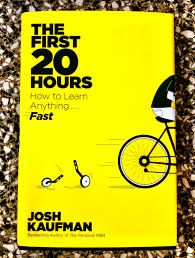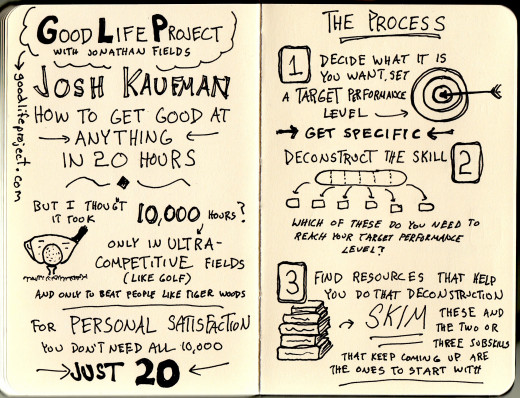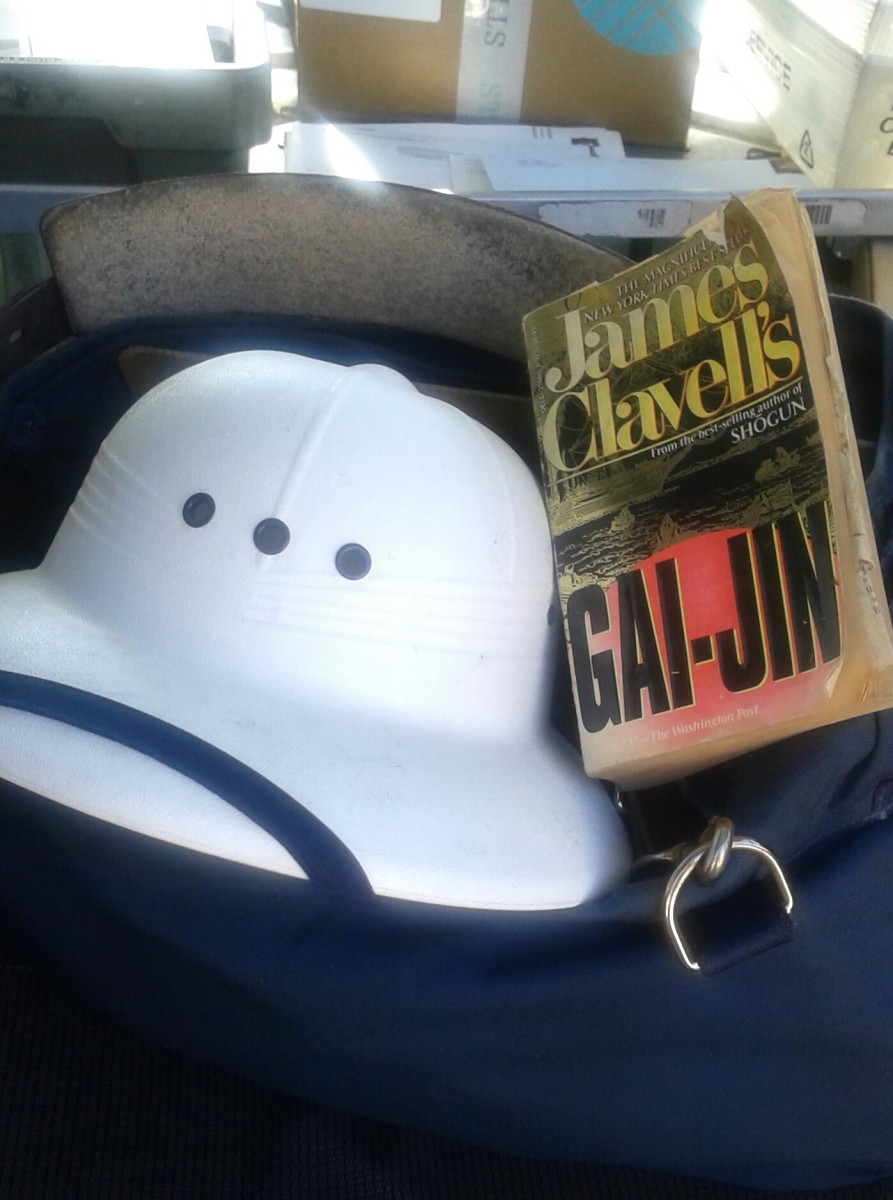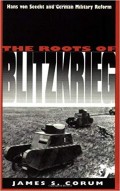Book Review: The First 20 hours : How to learn anything FAST by Josh Kaufman

Title
| The first 20 hours: How to learn anyting FAST
|
|---|---|
Author
| Josh Kaufman
|
Number of Pages
| 289
|
Price
| $14.5
|
Printers
| Clays Ltd, Britian
|
Why Choosing the Book " The Fist 20 hours" by Josh Kaufman?
"There is so much I want to do ... but so little time." The Story of Modern Life.
These are the opening lines of the book. So much these words convey, of the feelings of modern day human being. I was searching for something new to read on 15th Jan 2015 in Library at my place of work. Searched out Paulo Coelho, Stephen King, Khaled K husseini, Umera Ahmed and John Grisham. But the book that really fascinated me with only its first 2 pages and some 1 liner reviewers was not any other but " The Fist 20 hours" by Josh Kaufman.
The book really comes out with ideas about "want to learn to do" in the lesser possible time perhaps. Time is money anywhere and in any part of the world. "New Skill Acquisition" as the author terms it, is really what every human wants in the least possible time and up to the most of the skill. It is rightly said that experience has no short cuts but we also have a maxim that "Child is the father of man" and " A man can do what a man can do". In a nutshell, wiser is the one who learns things "quickly" and "fully".

Already the best seller's Author

The Author
Josh Kaufman is an excellent author with one of his initial books as international best seller, "The Personal MBA: Master the Art of Business" was a success owing to its originality and subject matter. The book has sold over 200,000 copies globally till date
Josh Kaufman is one of the top 100 business authors in the world, by Amazon.com and was listed in "Top 100 Websites for Entrepreneurs" by the reputed Forbes in 2013.

Why read "The First 20 hours" by Josh Kaufman
Reading is my hobby. Convincing someone to read any particular book may be difficult at times but I think reading "The First 20 hours" by Josh Kaufman should come out as a pleasant surprise to anyone perhaps.
The author gives personal examples of how he acquires six new skills like developing a personal YOGA practice,writing a web based computer program,Relearning to touch type, Learning an ancient Board Game, Playing musical instrument (ukulele) and windsurfing. These all are some NEW things the author really wanted to understand, to learn and be a master at. The author explains learning process may be slow at start but how to make it quicker as well.
Easy to understand images in the book explain the paragraphs further to the reader. Skill at Chess and GO, Programming, windsurfing and musical instrument may seem bit difficult and cumbersome at the start but one achieves mastery with time.
The Chapters
- The book has 9 chapters in all. With each chapter leaving the reader's interest in tact. Even the note to the reader in initial pages of the book itself appeals to the reader to go beyond the main body. This was the case with me too.
- In first chapter the author calls himself as a "Learning Junkie". Goes to various libraries and book shops. Buys lots of books, has a vast collection of books and even on Internet has a gigantic list of "want to read" and "want to learn". In fact in modern world everyone wishes to do many things. For that matter the author introduces the concept of "Rapid Skill Acquisition".
- Chapter 2 details the ten principles of "Rapid Skill Acquisition". From choosing a "Love-able Project" to "Honor your Biology", all principles have a fantastic explained wordings. Chapter 2 may be the crux of the book. Every principle is a theory in itself.
- "No problem can withstand the assault of sustained thinking" is the title line for ten principles of effective learning. Chapter 3 of the deals with effective learning.
- Chapter 4 to 9 are author's personal experiences of learning skills that he wanted to and learn with the principles mentioned in Chapter 2 and 3. As in Chapter 8,Kaufman finds a shortcut way to learning how to play the Ukulele by having the idea that the three chords are mandatory to any kind of song: Chords C, F and G.
The Art of War and CHESS
I loved the way the author has explained CHESS as a game and so interestingly he grabs the attention of readers with relevant images of Board with pawns and the King. Chess is a strategic board game liked by many throughout the world." You can think of the game as a military conflict where the players are opposing Generals " and "If every game of chess is a battle,then the goban is like a massive war" lines like such maintains the interest among the readers.

Programming
The author terms the "ordeal of computer programming as complex" but mentions:
"Complex things are simple provided you break them down"
INPUT, PROCESS and OUTPUT in any web application of programming are the key. Handle the keys well and all locks will keep opening.
The Conclusions
- In lesser than a year, the author grabs his learning experience on 6 new skills.
- Skills that seem to be mystery can be turned into your "mastery" with ones "Rapid Skill Acquisition"
- If you're not interested in expert level achievement, you can break down learning into a systematic practice of about an hour a day for a little less than a month. An excerpt from the book that a systematic learning experience, the trickle down and a kind of slow but effective learning.
- The Crux of the book is: Whatever you want to learn comes down to internal Hurdle of your own self, That internal Hurdle, That barrier time may take 20 years or just 20 hours. Its up to you.
- I have ticked some of my "to learn" skills as well. Make sure ALL OF YOU TOO. Our Bucket list keeps on making that bucket heavier, Make sure it is lighter as with Rapid skill acquisition.








